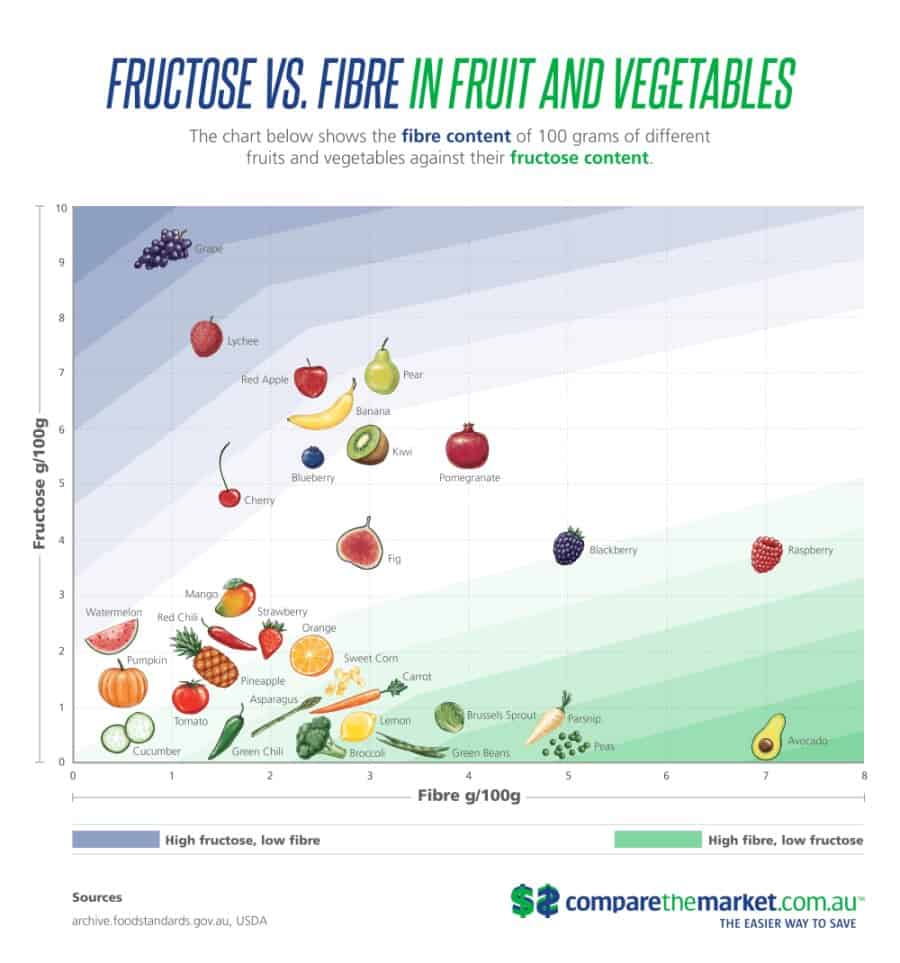Diet & Alzheimer’s: Ketones Over Carbs or How I Learned To Stop Worrying and Love The Ketogenic Diet*
Grade: Excellent
The ketogenic diet induces ketosis and that’s a good thing because ketosis brings with it a raft of health benefits. It’s a diet in the sense that what you eat is important, but how much you eat isn’t that important. Also there’s the whole weight loss thing, but that’s more of a side note. The importance of this diet lies in its mechanisms to prevent and possibly even treat Alzheimer’s.
Moving from Glycolysis to Ketosis
Most diets include a high percentage of simple carbs (bread, rice, pasta, etc.). Those carbs along with sugar (in all its forms) are quickly converted to glucose. This glucose is stored in the liver as glycogen and the rest used by mitochondria as the substrate for making energy. This assumes that one is not eating excessive amounts of carbs and sugar as that would produce chronic stress on the system and lead to weight gain on the way to full blown diabetes.
The ketogenic diet is high in fat and has few or even zero carbs. In response to the lack of dietary glucose, the body taps the glycogen stored in the […]

